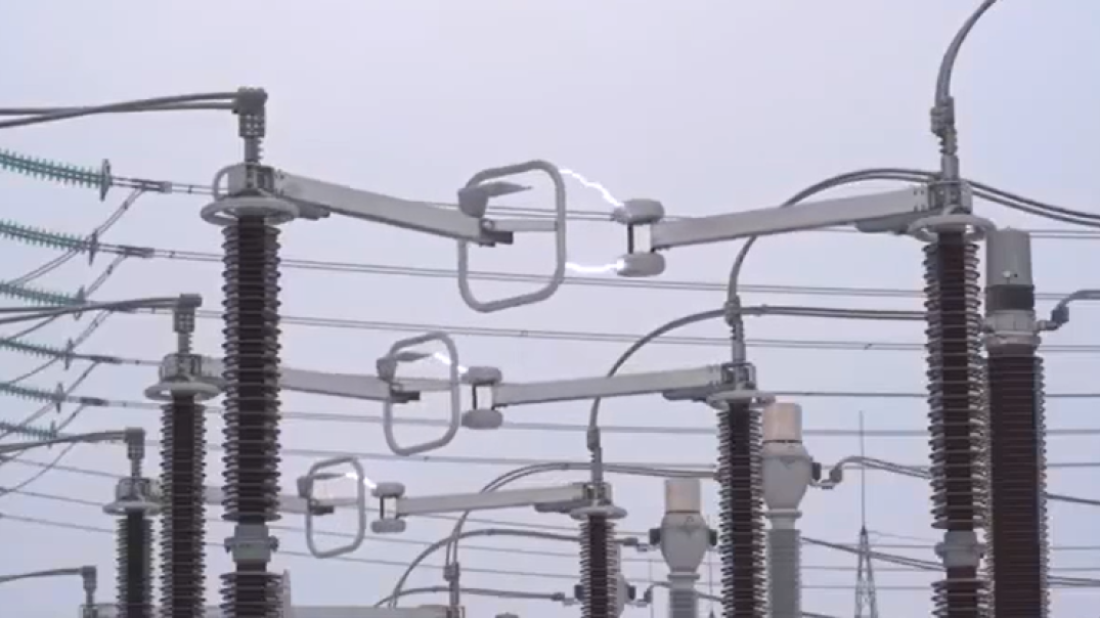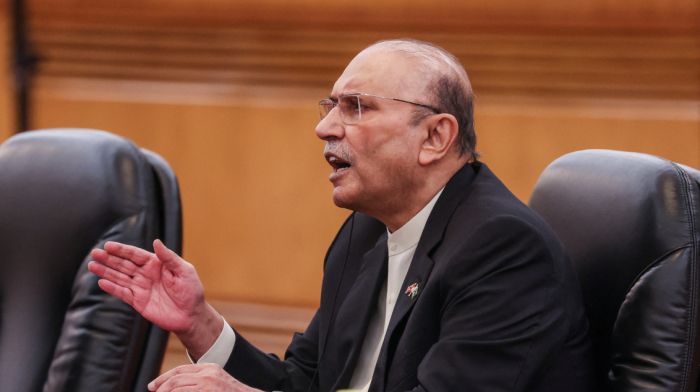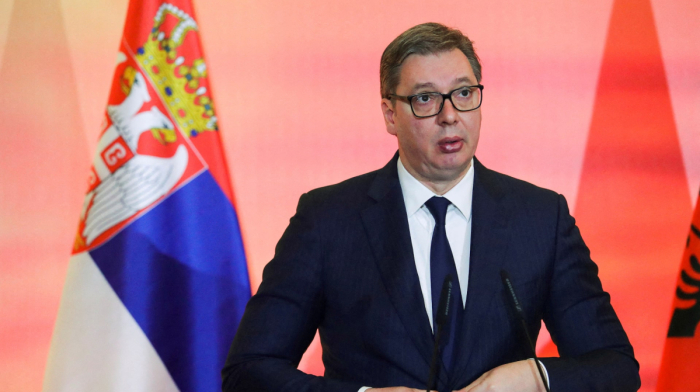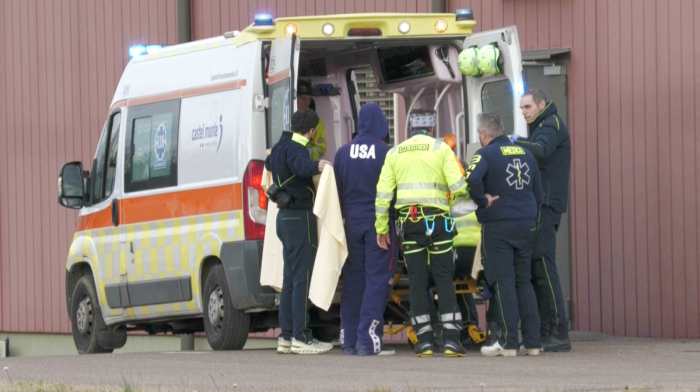Estonia, Latvia, and Lithuania have successfully disconnected from Russia's power grid and joined the EU network, marking a historic shift in energy independence and security.
On Saturday, the Baltic states of Estonia, Latvia, and Lithuania completed a significant step by disconnecting from Russia's power grid and joining the European Union's electricity network. This move has been part of a years-long effort, which gained urgency after the geopolitical changes that occurred with Russia’s invasion of Ukraine in 2022. The Baltic states have long worked toward reducing dependence on external energy sources for national security and stability.
Lithuanian Energy Minister Zygimantas Vaiciunas confirmed that the disconnection took place at 9:09 AM local time, with the Baltic states now fully in control of their energy systems. Vaiciunas explained, "We have removed any theoretical possibility of using energy control as a tool for geopolitical pressure." The transition marks a key milestone in their effort to safeguard energy security and align more closely with European standards.
Following the disconnection, the three countries are operating in "isolated mode" for approximately 24 hours, during which they will monitor energy levels and test the stability of their systems. This will ensure a smooth transition into the European grid, which is scheduled to occur on Sunday. The disconnection, while a historic and crucial step, has been accompanied by careful monitoring and precautionary measures to address any short-term risks.
Authorities in the Baltic states have heightened security around key energy infrastructure during this period, as potential cyber threats and other challenges remain a consideration. Polish and Baltic security forces are working to ensure a secure transition, while European Commission President Ursula von der Leyen is expected to attend a ceremony with Baltic leaders in Vilnius on Sunday.
Lithuanian President Gitanas Nauseda expressed confidence that the switch would not disrupt daily life for citizens, reassuring the public, "People won’t feel it, either in terms of their bills or any inconvenience." Despite this, some consumers have expressed concerns about potential disruptions, particularly in Estonia, where sales of generators have seen an uptick.
The transition comes after years of investment, with 1.6 billion euros allocated toward the synchronization of the Baltic energy grids with the European network. The integration of the Baltic energy systems into the European grid will ensure a more secure and diversified energy future for the region.






















What is your opinion on this topic?
Leave the first comment